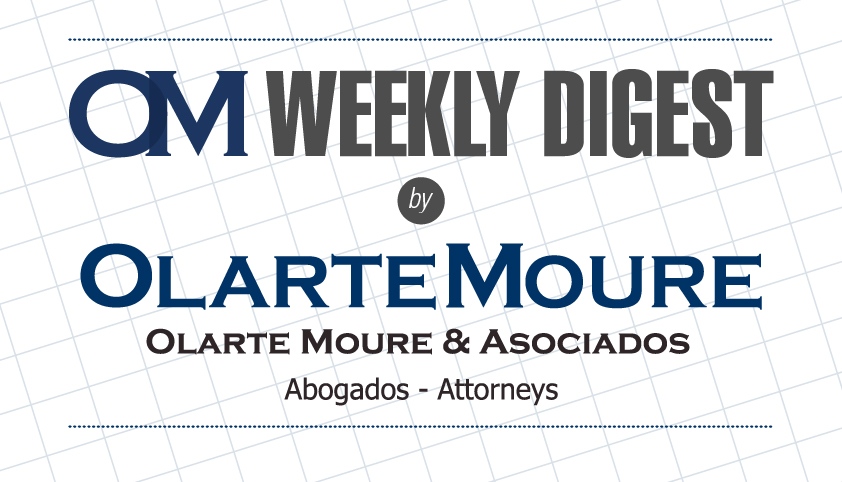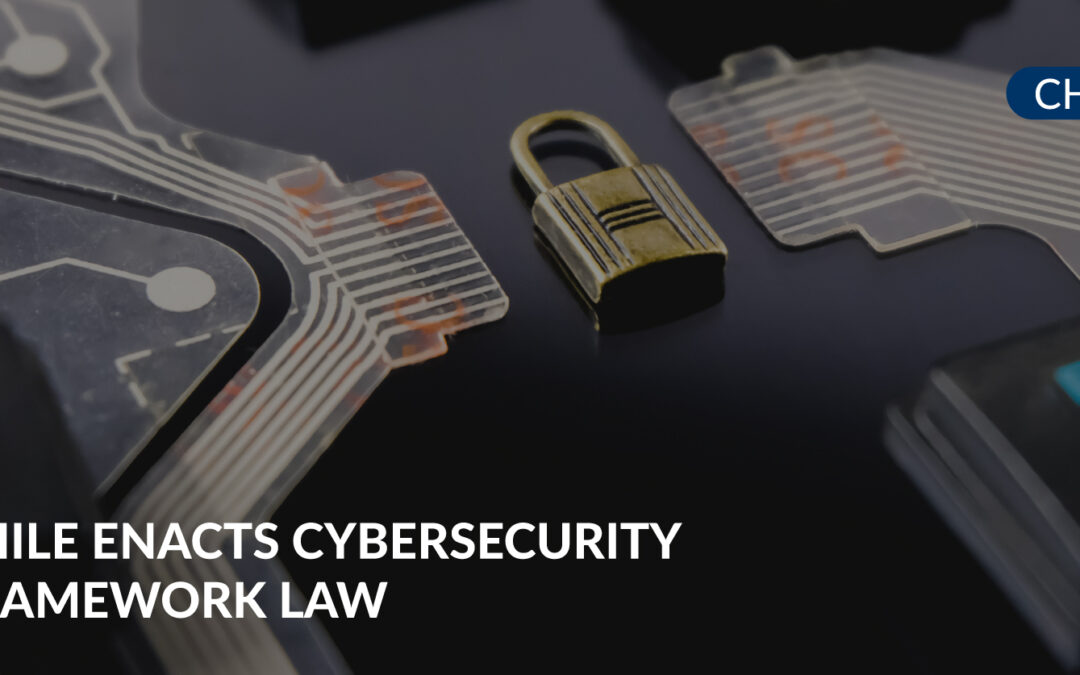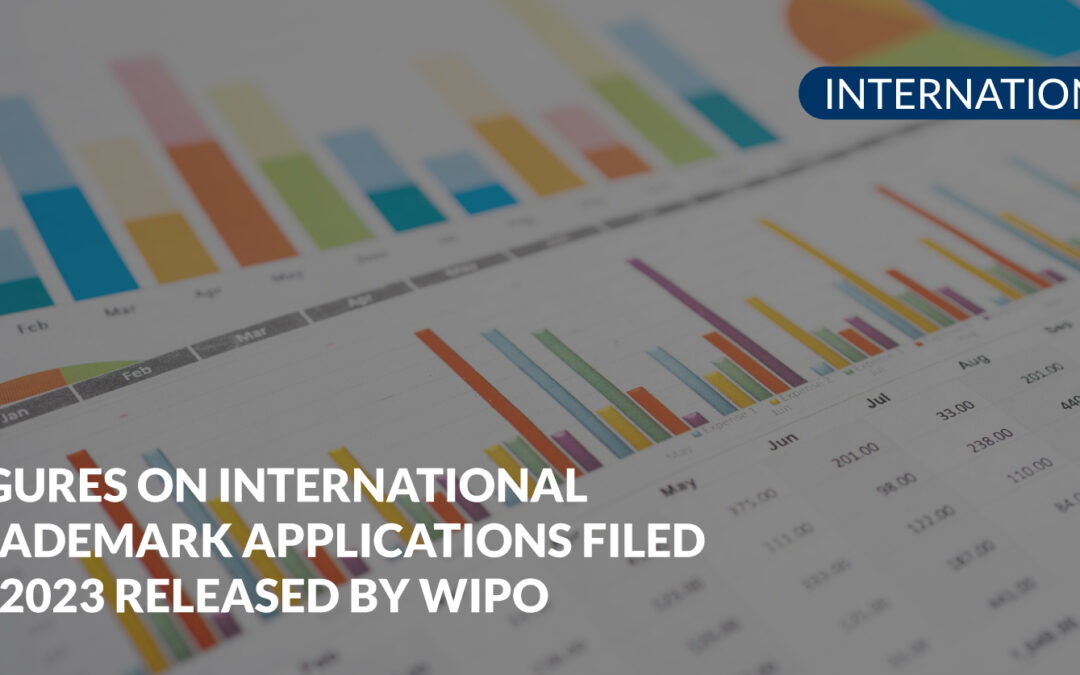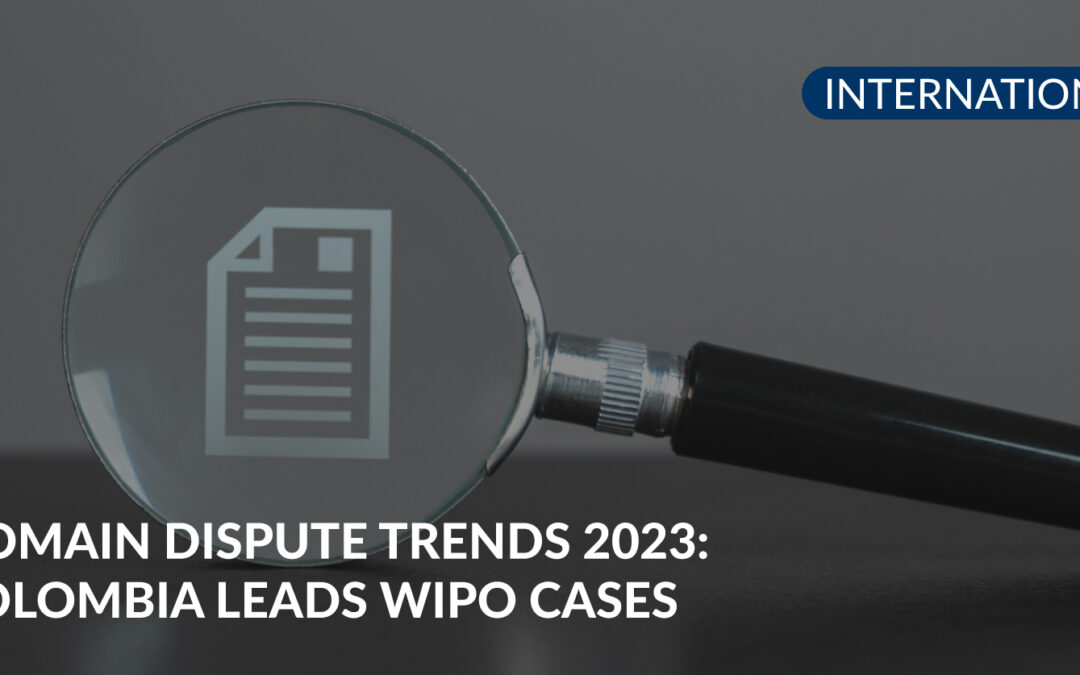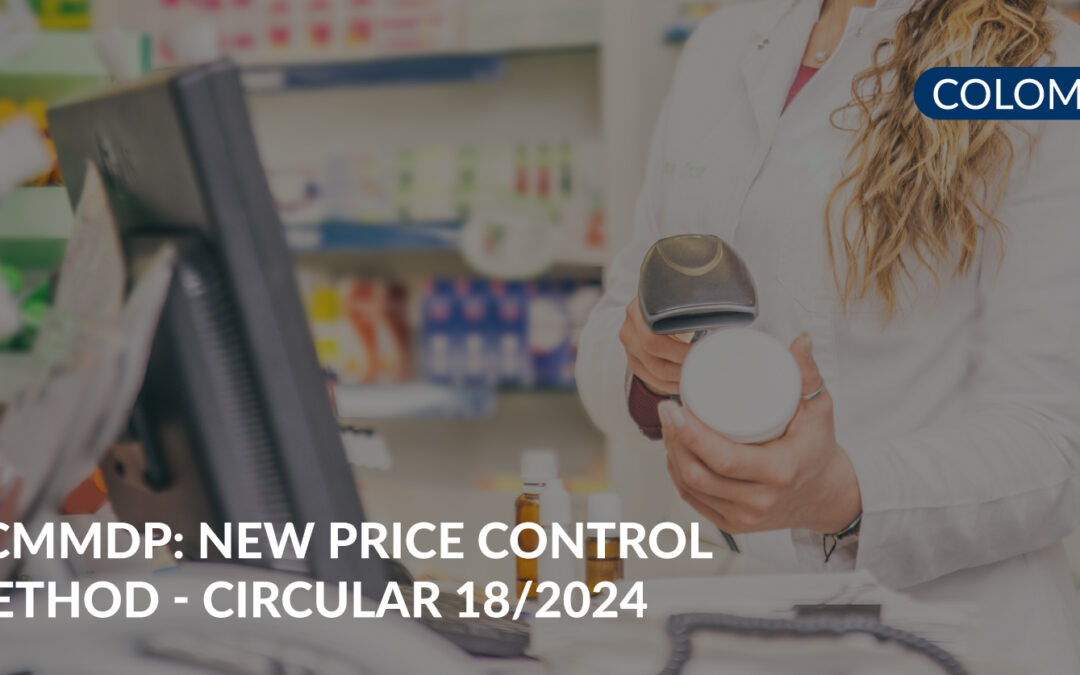.
ECUADOR | Intellectual Property, Patents | Ecuadorian Congress approves new Intellectual Property Law –Código INGENIOS– and is one step away from entering into force
.
On 11 October 2016, the Plenary of the Ecuadorian Congress approved in second debate the bill containing a new Intellectual Property Law -better known as Código INGENIOS-.
The final text of Código INGENIOS is now awaiting presidential approval for its entry into force.
As we indicated in an earlier version of OM Weekly Digest, Ecuador would violate Andean Law (like Decision 486/2000) and TRIPS agreement with Código INGENIOS, since it contains provisions on intellectual property and patents contrary to these laws and treaties.
.
BRAZIL | Patents | Brazil and Japan signed an agreement to implement a Patent Prosecution Highway (PPH)
.
On 6 October 2016, Representatives of the Governments of Brazil and Japan signed an agreement which established a working group in order to implement a Patent Prosecution Highway (PPH) between the Patent Offices of both countries.
For more information, please see the following link.
COLOMBIA | Trademarks | Colombian Trademark Office moves away from judicial precedent and considers that trademarks registered in France does not have automatic protection
By means of Resolution 41632 of 24 June 2016, the Superintendence of Industry and Commerce provides that trademarks registered in France will not have an automatic protection in Colombia.
This is due to the interpretation given by the SIC to the Colombian-French Convention on Intellectual Property of 1901 (incorporated into Colombian legislation by means of Decree 597 of 1901) arguing that there is no automatic registration of a trademark in Colombia based on a French trademark. The above, because formal requirements imposed by Colombian Law are mandatory, according to the principle of territoriality.
Thereby, the SIC moves away from the interpretation given by the Colombian Supreme Court of Justice in Louis Vuitton case, which argues that for the simple fact of acquiring legitimately a trademark in France, derivative rights product of that registration will be protected in Colombia without a domestic trademark application.
.
COLOMBIA | Regulatory | Applications for import authorization in Plan Vallejo mode for products monitored by the Colombian Regulatory Authority now will be filed digitally
.
Starting 9 October 2016, the Colombian Regulatory Authority (INVIMA in Spanish) will not require to file in physic the application for import authorization in Plan Vallejo mode for commodities of products monitored by it. Since that date, application for authorization in Plan Vallejo mode must be filed before VUCE Platform (Single Window for Foreign Trade system) using an Import Registration.
The above, according to the provisions of Resolution 1649 (31/08/2016) -which develops requirements for systems of import and export- and Circular 022 of 16 September 2016, both issued by the Ministry of Commerce, Industry and Tourism.
The Plan Vallejo operates since 1967, and allows importation of raw materials without tariffs, with the commitment of use them in a product that will subsequently be exported.
.
PERU | Regulatory | Peruvian Ministry of Health modifies Resolution regarding Certification of Good Manufacturing Practices (GMP) in national and foreign laboratories
.
On 12 October 2016, and by means of Resolution 798-2016 from the Peruvian Ministry of Health, the Administrative Directive 165-MINSA/DIGEMID V.01 of 2010 for Certification of Good Manufacturing Practices (GMP) in national and foreign laboratories was modified.
The modification was made in order to update the Administrative Directive to new sanitary laws and provide precision in certain aspects, especially regarding the time to perform certification procedure (90 working days) and as to the validity of GMP certificate, which is 5 years.

